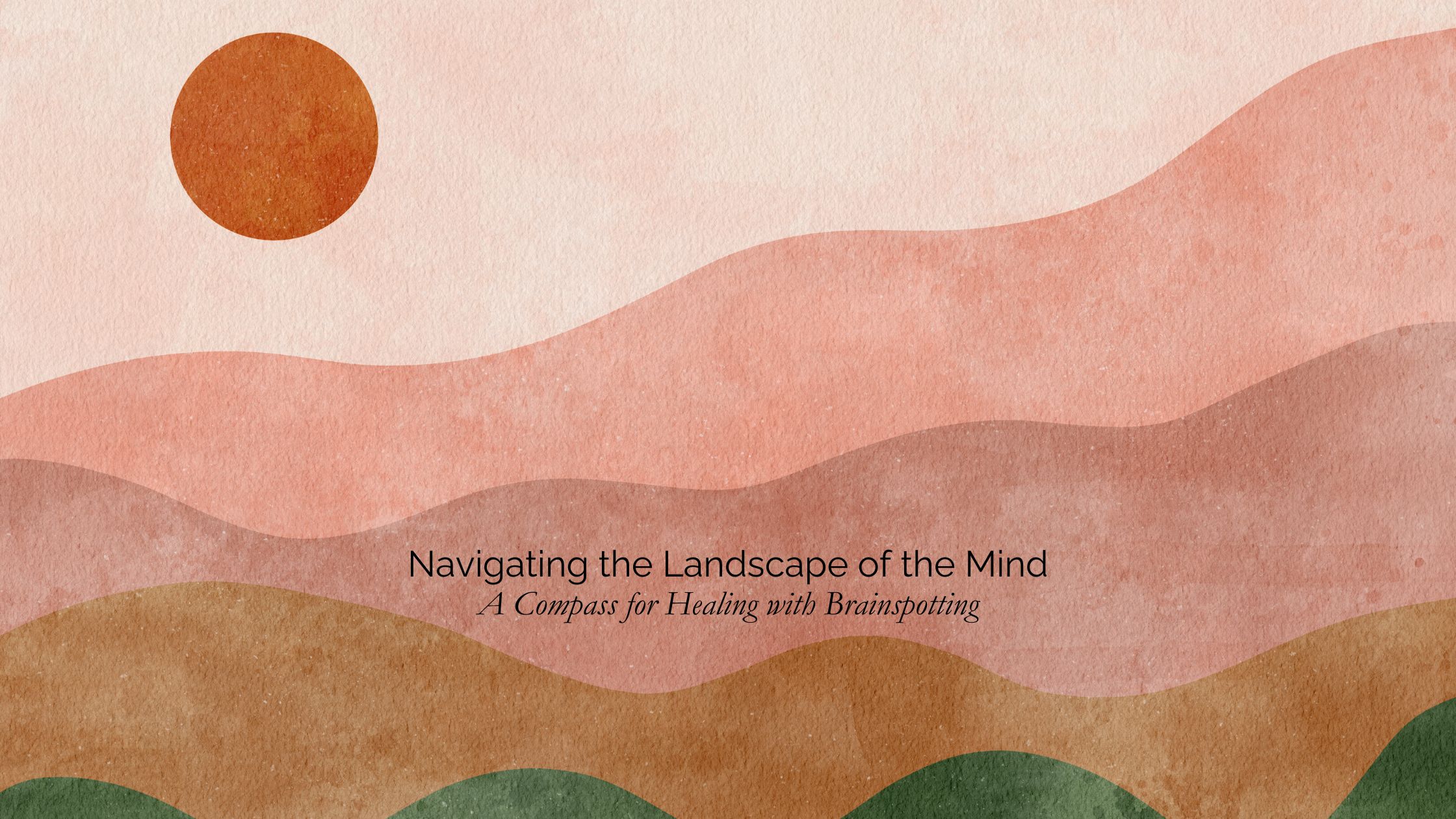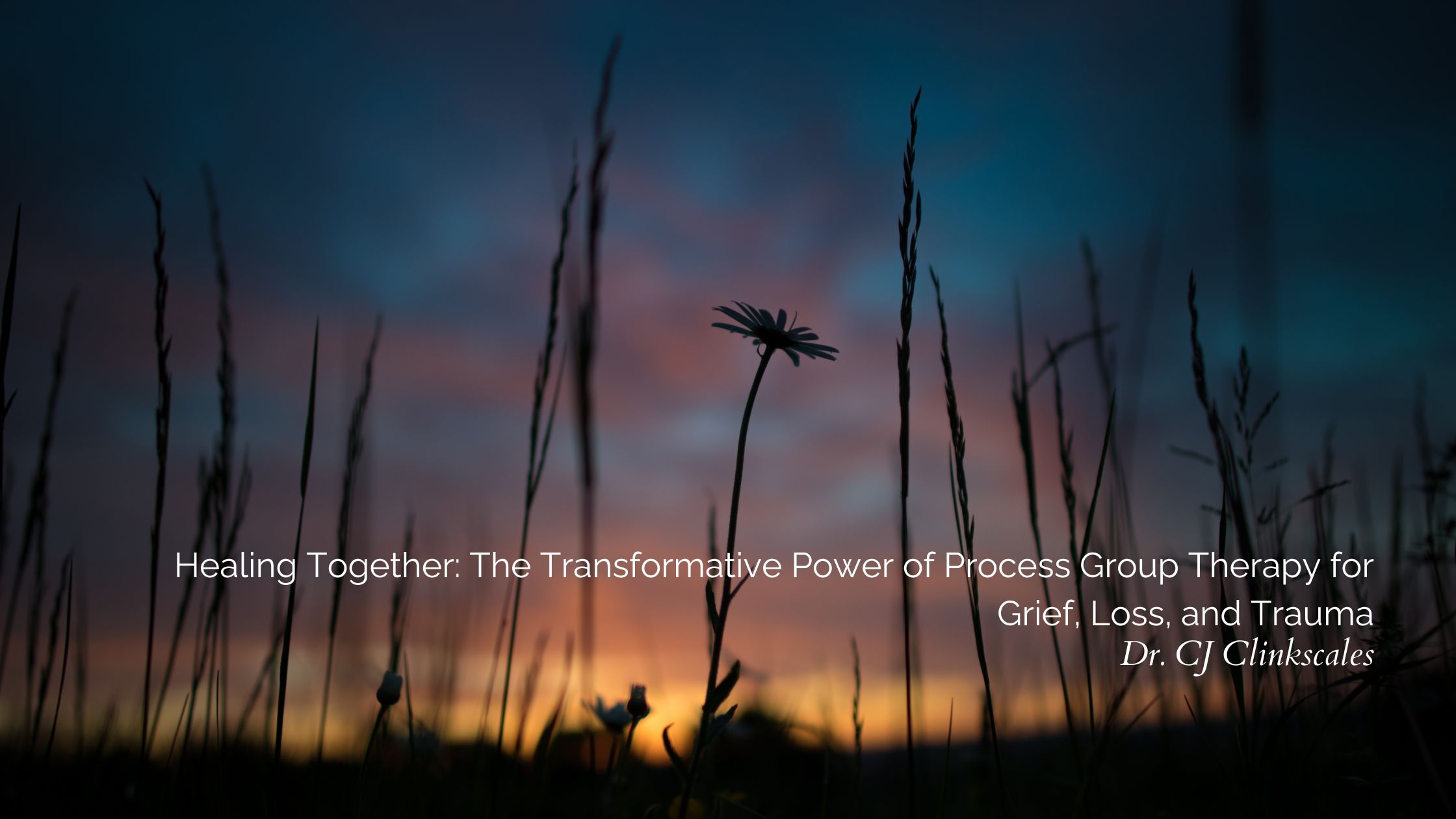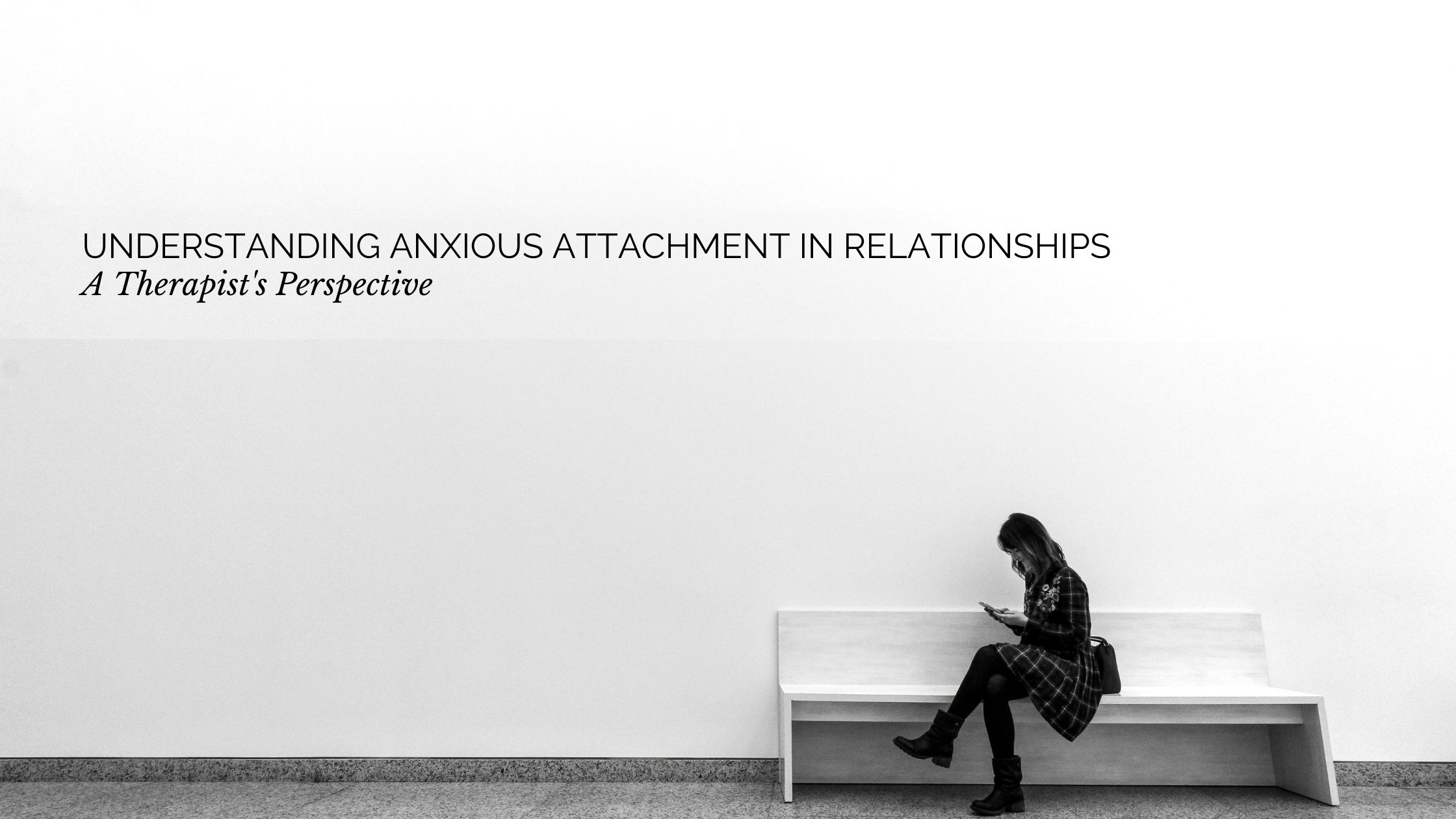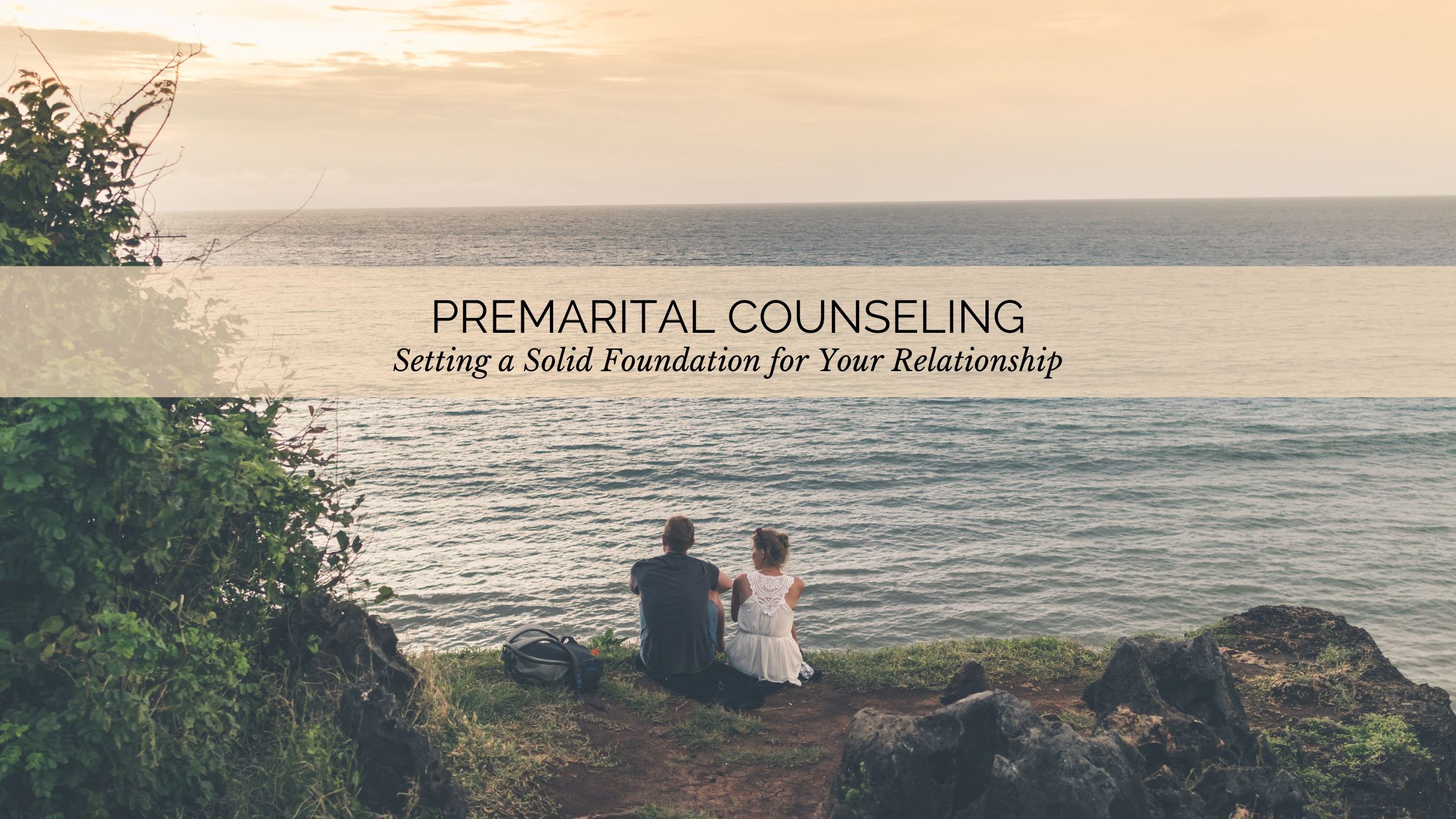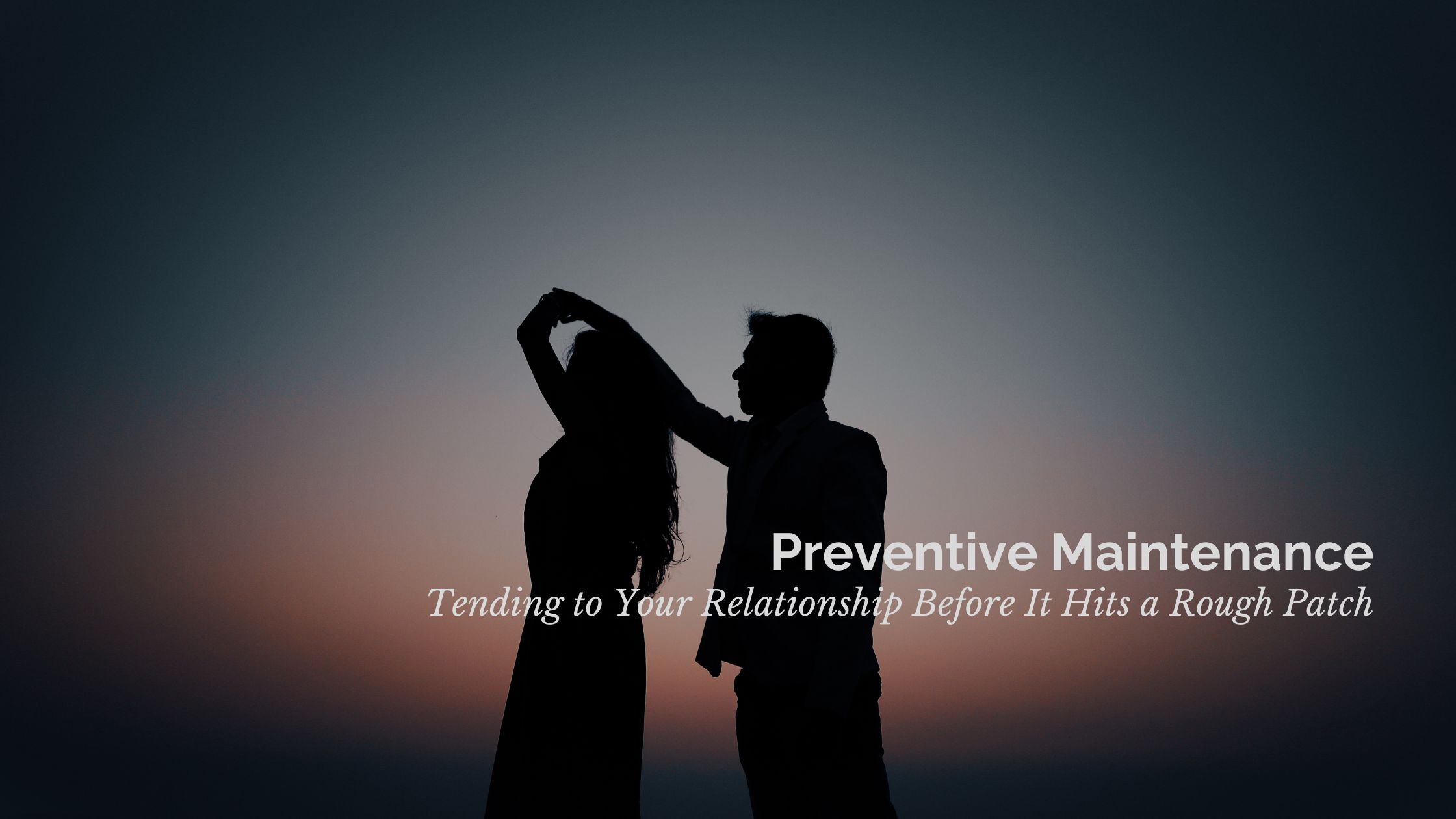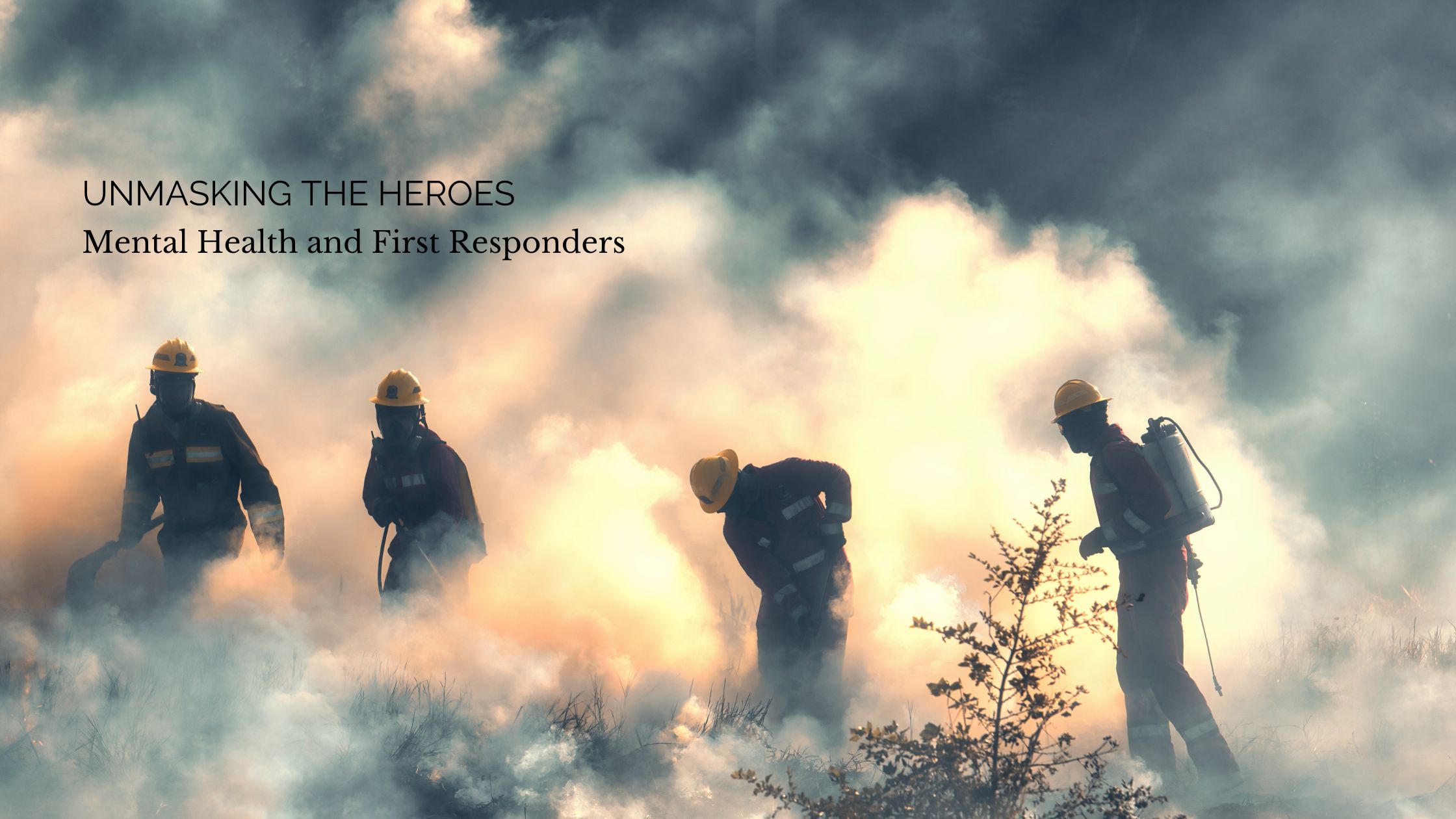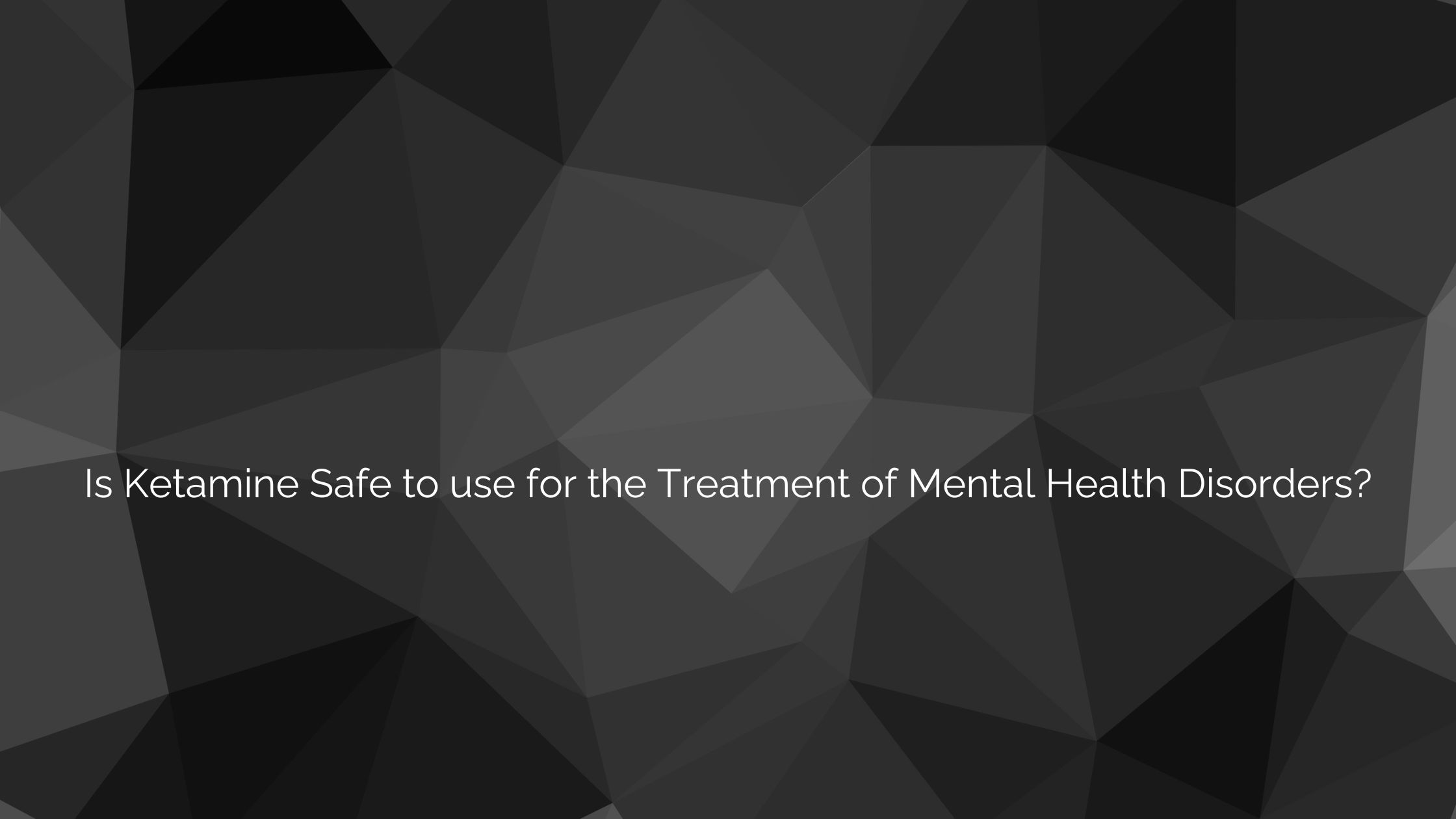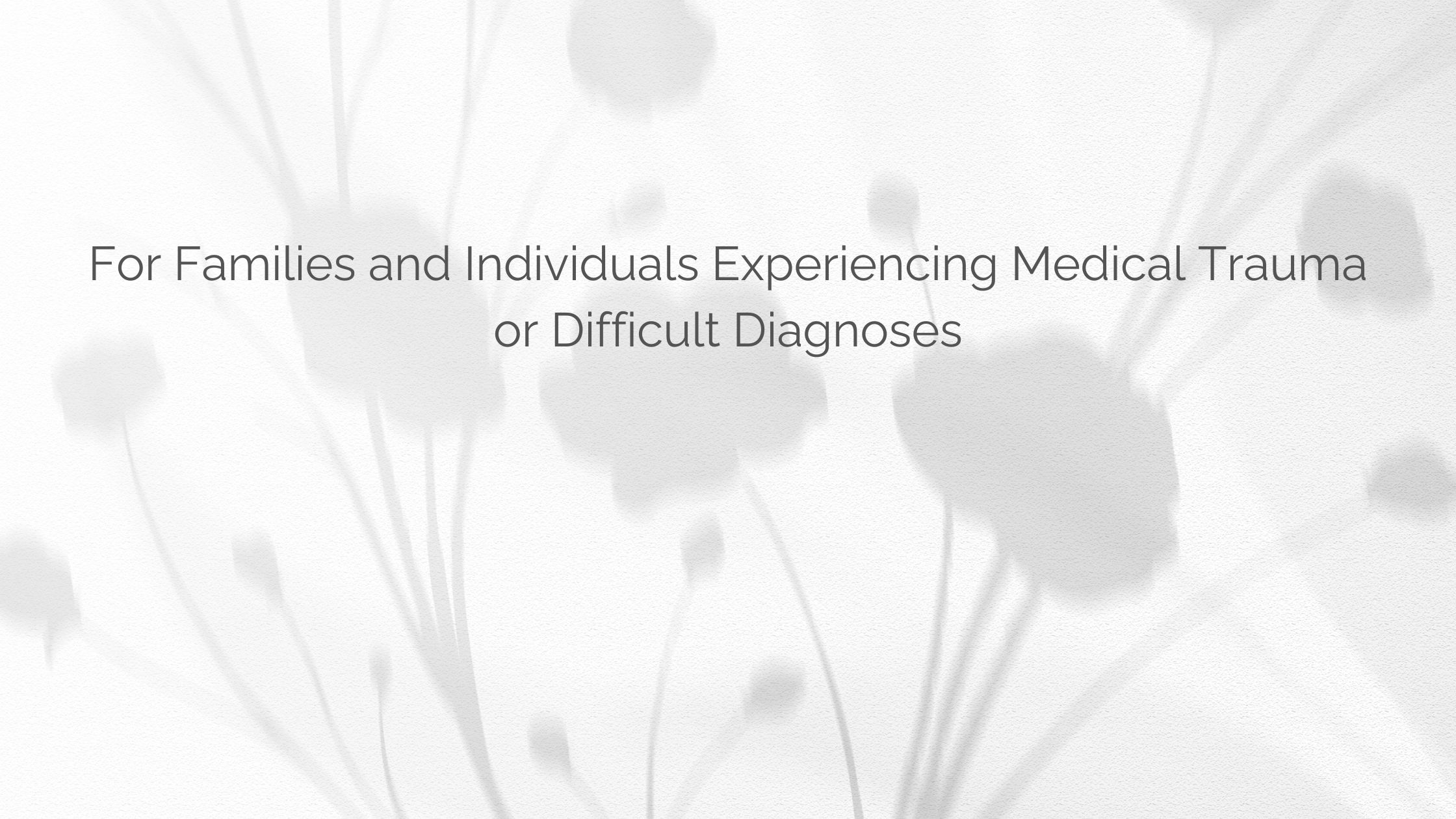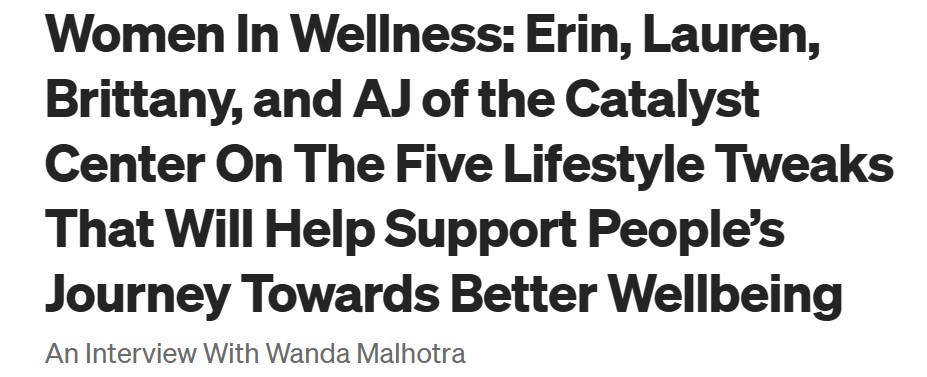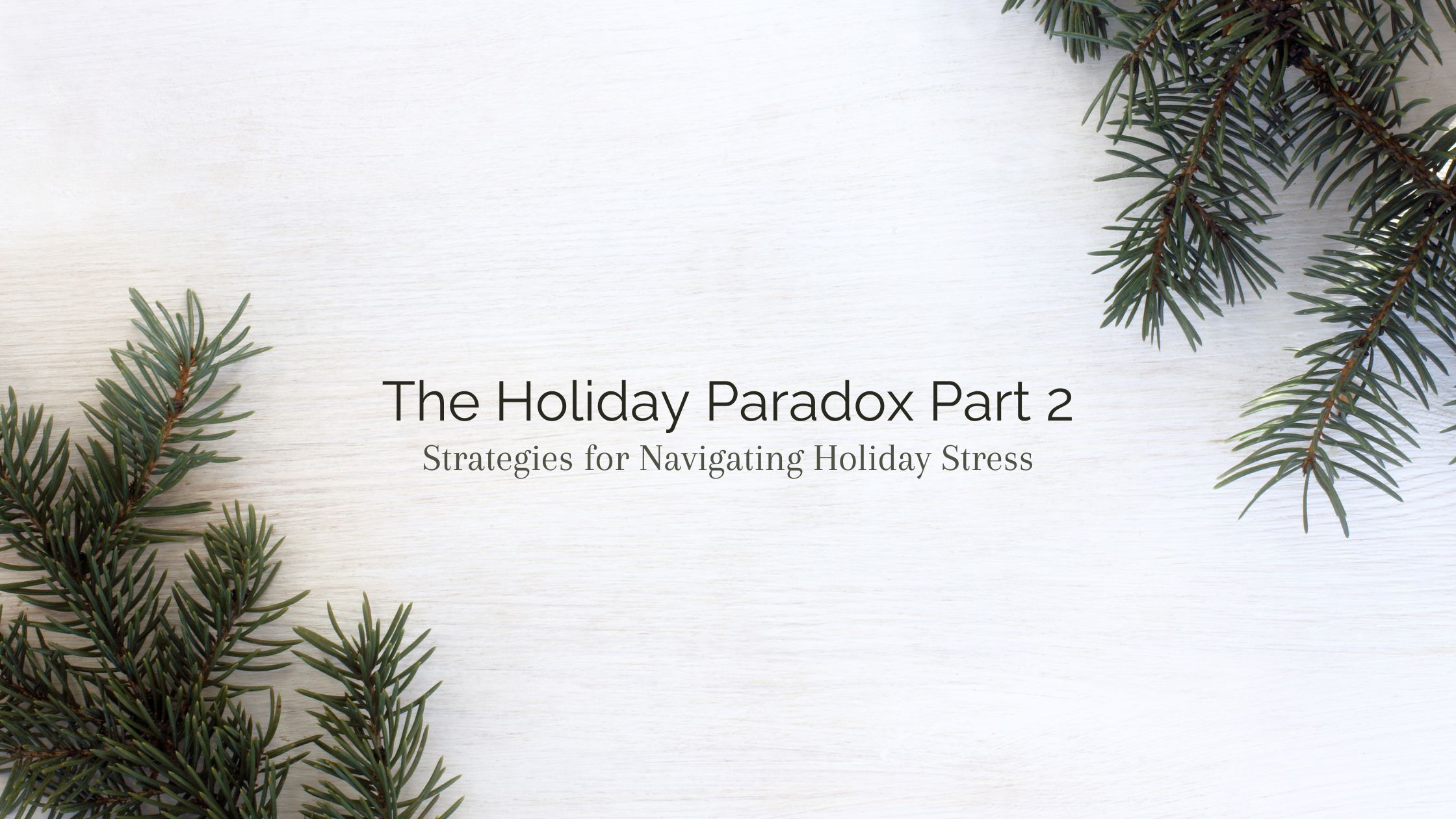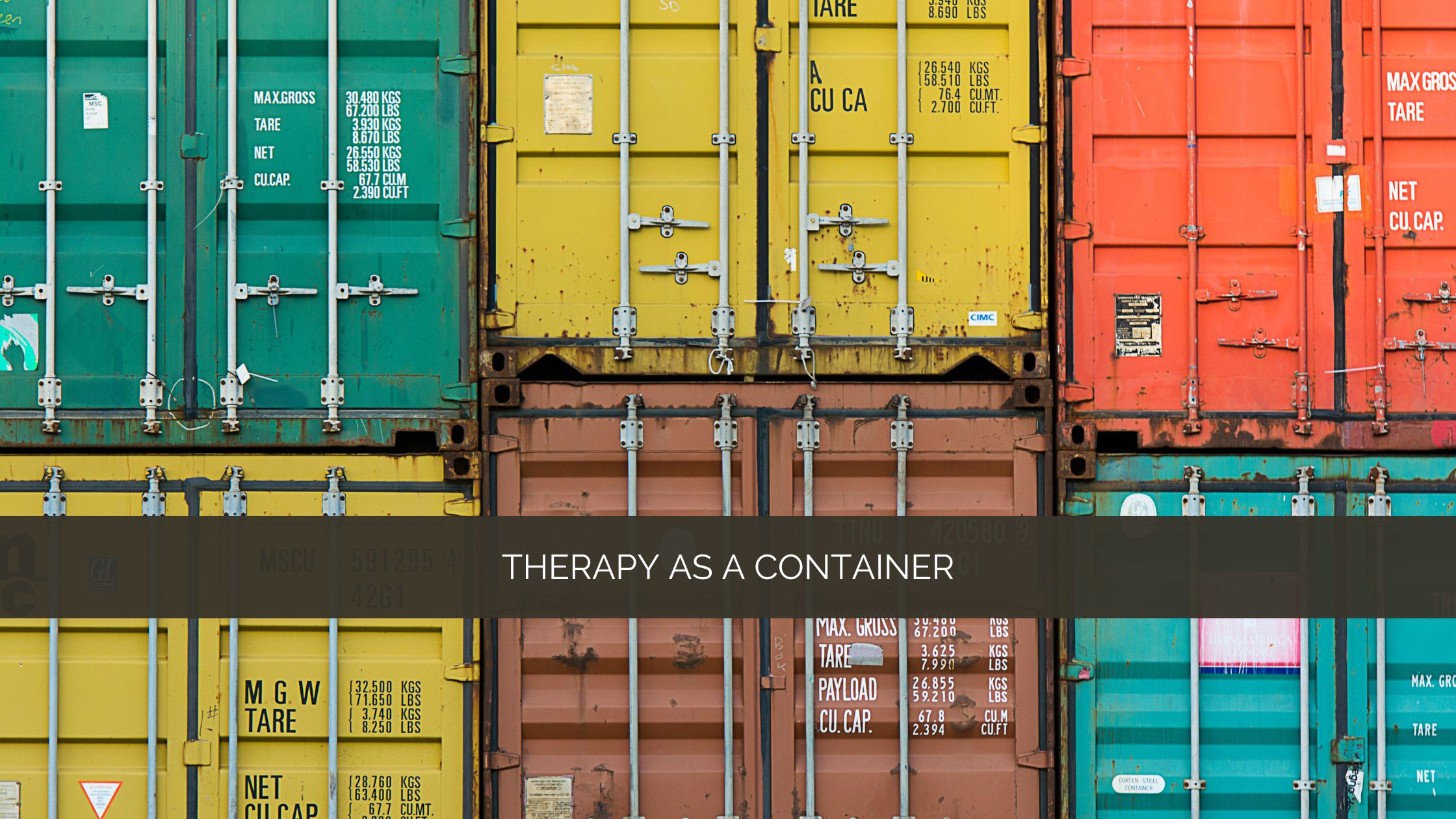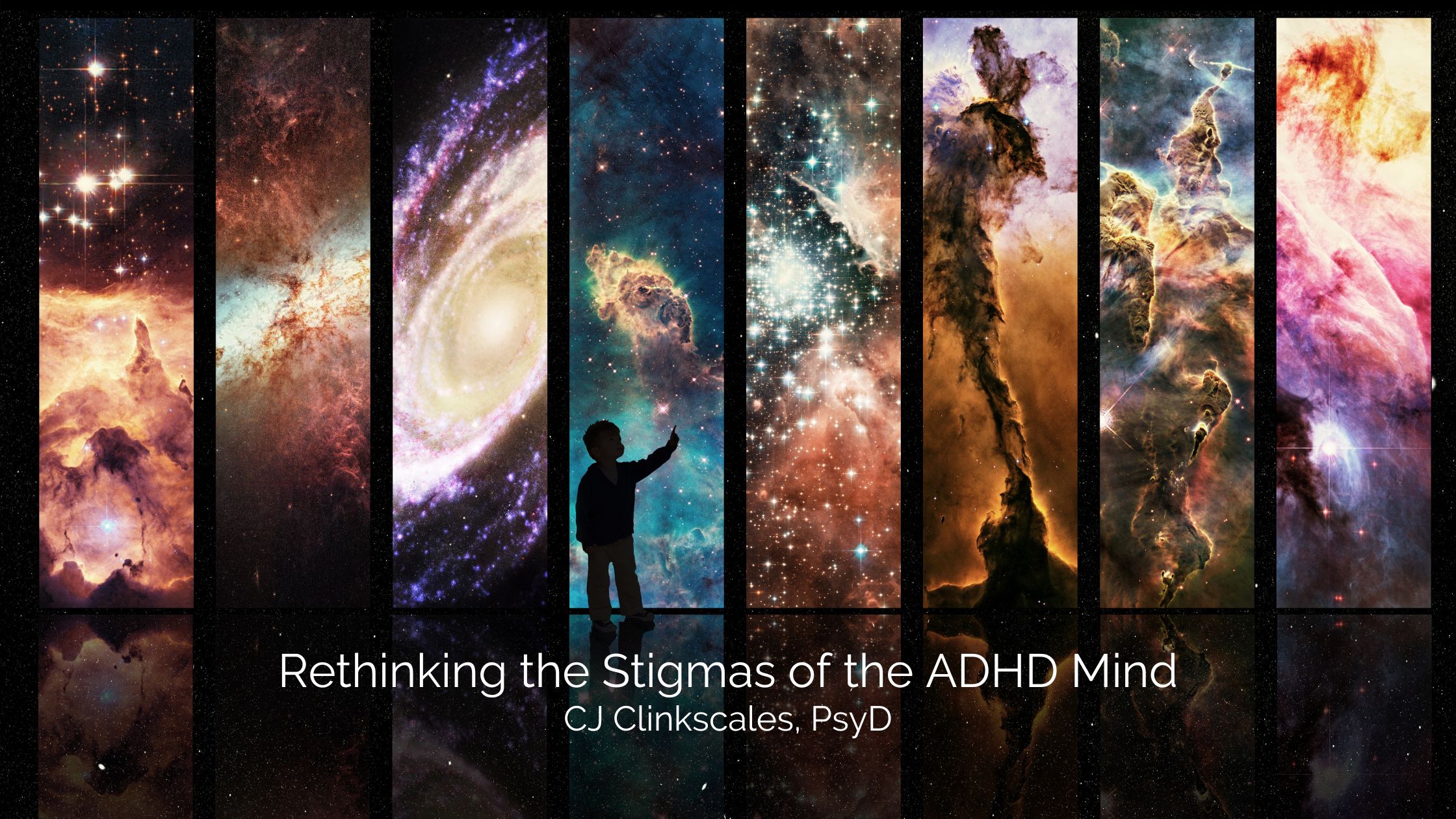The Catalyst Center Blog
Hear from our team
All
AllAll PostsPregnancy, Postpartum, and New ParenthoodEating Disorder RecoveryEMDR and Trauma RecoveryNeurofeedbackParenting AdviceNeurodivergenceMedication ManagementAnxiety & DepressionSelf CareDemystifying TherapyAdultingFamily DynamicsBreaking Bad HabitsPsychedelic Assisted PsychotherapyHealthy Relationships
🔍
Navigating the Landscape of the Mind: A Compass for Healing with Brainspotting
Picture your mind like a vast and intricate landscape, with hidden valleys where difficult emotions cast long shadows and towering peaks where your highest potential is within reach. Brainspotting is like a compass in...
The Catalyst Center Difference: Assessment Team Consultation
The Catalyst Center has a unique approach when completing psychological assessments for clients. Our specific Assessment Team meets for a weekly consultation and consists of five Licensed Clinical Psychologists and one...
The Catalyst Center Difference: Daily Team Consultation Benefits Clients
The clinicians at The Catalyst Center have the unique benefit of having access to daily consultation meetings with their colleagues. These consultation meetings offer opportunities for our providers to regularly connect...
Healing Together: The Transformative Power of Process Group Therapy for Grief, Loss, and Trauma
In the intricate tapestry of human emotions, grief, loss, and trauma form some of the most challenging threads to navigate. These experiences often leave individuals feeling isolated, overwhelmed, and confused...
Parenting with Littles
The Parenting with Littles Group is a great fit for mothers of young kids who no longer consider themselves postpartum. This is a therapy group for women looking for support as they enter into the next phase of...
Journeying Towards Self-Acceptance and Emotional Connection: Navigating Unknown Territory through Avoidant Attachment Style
Dear potential client/individual with an avoidant attachment style, I know it wasn’t easy for you to reach out. You have worked hard your whole life to be self-sufficient not to have to rely on others, so this is a big...
Understanding Anxious Attachment in Relationships: A Therapist’s Perspective
Dear potential client/individual with an anxious attachment style, I know you feel anxious about the state of your relationships (family, plutonic, and romantic). This is what brings you to therapy. You’re constantly...
Premarital Counseling: Setting a Solid Foundation for Your Relationship
In life, we often prepare for significant events: we study for exams, undergo training for jobs, and take classes to improve our skills. Yet, when it comes to relationships, many of us dive in headfirst, hoping for the...
Fully Supported KAP: Prioritizing Safety and Healing for Trauma Treatment
Ketamine Assisted Psychotherapy (KAP) has compelling research supporting its use for treating various forms of depression. There is also emerging research that psychedelic-assisted therapies such as KAP might have...
Unveiling Life’s Purpose Through EMDR Therapy
In life's journey, finding our purpose can often feel like navigating through a thick fog. As a therapist, I've witnessed how Eye Movement Desensitization and Reprocessing (EMDR) therapy can serve as a beacon, guiding...
Preventive Maintenance: Tending to Your Relationship Before It Hits a Rough Patch
Imagine tending to a campfire. You can be proactive, steadily adding small pieces of wood to maintain a consistent burn. By anticipating the fire's needs, you ensure its strength and warmth remain steady. Alternatively...
EMDR with Children
EMDR stands for Eye Movement Desensitization and Reprocessing. EMDR is an evidence-based practice initially developed by Francine Shapiro in 1987 as an intervention to overcome the psychologically devastating effects of...
Unmasking the Heroes: Mental Health and First Responders
I will proudly tell anyone who will listen that my dad spent his career as a ranger in the National Park Service. Now retired, spending his days walking his dog and playing his guitar, you’d never know that in the 1970s...
Differentiating High and Low Dose KAP
Our practice offers several different types of Ketamine Assisted Psychotherapy (KAP) sessions. Specifically, we offer both high-dose and low-dose KAP sessions, and each style offers unique opportunities and advantages. ...
Processing Grief and Loss through Group Therapy
Grief and loss can be complex and perplexing. Typically, our society associates grief and loss with the death of a loved one, even though many other types of loss are often not taken into account. Loss can be physical...
Is KAP Safe to use for the Treatment of Mental Health Disorders?
In light of recent, deeply saddening news, many of our clients have understandably raised questions and voiced concerns regarding the safety of using ketamine in treating depression, anxiety disorders, PTSD, and eating...
For Families and Individuals Experiencing Medical Trauma or Difficult Diagnoses
Medical trauma creates change you don’t choose, healing is about creating change you do choose - Michelle Rosenthal Having a medically fragile child is a journey no one chooses. Yet, so many families are impacted by...
We Were Featured in Women in Wellness
We were recently featured in Authority Magazine for their Women in Wellness Feature. They interviewed Erin Jacklin, Lauren Pinneo, AJ Grovert, and our newest therapist, Brittany Sims. You can read the article here...
Navigating the Depths of Trauma Through Existential Trauma Treatment
Existential trauma, a realm often overlooked in traditional therapeutic approaches, delves into the profound impact of traumatic experiences on one's fundamental sense of existence. Unlike more conventional therapies...
The Holiday Paradox Part 2: Strategies for Navigating Holiday Stress
One of the most effective ways to appropriately manage holiday stress is through clear communication and setting boundaries. This can be challenging, especially when dealing with family members who may not understand or...
The Holiday Paradox Part 1: Managing Stress and Family Dynamics
Welcome to the holiday season, that magical time of year when twinkling lights and festive songs somehow coincide with the urge to hide under the nearest table at family gatherings. Before you start practicing your 'I'm...
KAP: A New Dawn for Those Battling Burnout and Compassion Fatigue
In the relentless pursuit of caring for others, it's not uncommon for healthcare professionals and first responders to encounter the twin shadows of burnout and compassion fatigue. These are not just mere occupational...
Healing Wounds: How Men Can Begin Healing from Early Childhood Abuse through Therapy
The impact of early childhood experiences on an individual's mental and emotional well-being cannot be overstated. For men who have faced abuse during their formative years, the effects can linger into adulthood...
Navigating Bipolar Disorder as a Man in Today’s World
Living with bipolar disorder can be a challenging journey for anyone, but it comes with its own unique set of experiences and pressures for men. In a world that often expects men to be strong, stoic, and in control of...
Serving Up Sanity: Strategies for Surviving Family Holidays
As an enthusiastic supporter of pie and carbs, Thanksgiving has always been one of my favorite holidays. As a psychologist, it’s also a very busy season. Conceptually I love the idea of gratitude for bounty and harvest...
Understanding Shame
Shame is a complex emotion that we often struggle to identify or confront. It is frequently confused with guilt, which is the feeling of having done something wrong. Shame, on the other hand, is the belief that we are...
Bad News, and What We Can Control
An earthquake in Morocco. Wildfires in Canada. Flooding in Manhattan. A pandemic. More terrorist attacks. Another war. The barrage of bad news feels endless. Every headline, every talking head on TV, every push...
Workthroughs not Workouts
Emotions of any kind (happiness, sadness, disappointment, pride) can be difficult to process. Each individual is different, though each person often has certain emotions that can be hard to come in contact with. Thus, we...
Therapy as a Container
We often long for containment when we feel frustrated, angry, sad, or experiencing any emotion we find difficult to engage with. This is often due to the intolerable sensations and memories we associate with those...
Rethinking the Stigmas of the ADHD Mind
ADHD is a diagnosis in our society that often comes with scrutiny and misunderstanding. Many dialogues proclaim that “ADHD is not a disorder” or “isn’t a big deal.” Further, individuals who have ADHD are often told they...
Load More
Let's Get Started!
We are committed to helping you find a great fit with a therapist, which is why we offer every new client a FREE initial consultation.

